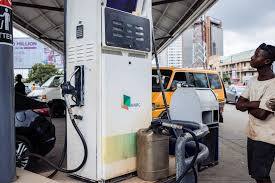
Nelsdaily Investigation Reveals Sharp Rise in Petrol Landing Costs
An investigation by Nelsdaily reveals that the landing cost of Premium Motor Spirit (PMS), commonly known as petrol, surged by 46.8% year-on-year, reaching N1,026.71 per litre in May 2024, compared to N545.83 per litre in the same period in 2023. This figure excludes additional expenses such as depot-related charges, transportation logistics, and marketers’ margins, bringing the final delivery cost at filling stations to nearly N1,052.39 per litre, at an exchange rate of N1,510 to a dollar.
Despite federal government claims that the Tinubu administration has eliminated petrol subsidies, oil marketers anticipate further increases in landing costs for June due to worsening economic factors. Persistent foreign exchange scarcity and deteriorating exchange rates are major contributors to the rising costs. Additionally, the increase in crude oil prices on the international market has further driven up fuel import expenses.
A transactional analysis by a major operator, obtained by Nelsdaily, indicated that marketers were paying N1,052.39 per litre as the total direct cost. This breakdown includes product costs, freight, port charges, and various levies and fees, totaling over $25 million for 28,000 metric tons of imported petrol. This transaction could generate over N39 billion in sales revenue but indicates a potential loss of more than N19 billion.
Marketers argue that it is unprofitable to import petrol at current pump prices, as the government has not ensured a free float of these prices. Consequently, the Nigerian National Petroleum Company Limited (NNPCL) remains the sole importer of petrol.
The escalating petrol costs are exacerbating the cost of living for Nigerians, leading to higher transportation costs and increasing prices of goods and services. The National Bureau of Statistics (NBS) reported that the national average retail price of petrol rose by 176.02% year-on-year to N701.24 per litre in April 2024 from N254.06 per litre in April 2023. On a month-on-month basis, there was a 0.64% increase from N696.79 per litre in March 2024.
Industry experts, including Pinnacle Oil’s Managing Director Robert Dickerman, highlight that Nigeria is currently spending about N1 trillion monthly on petrol subsidies. Dickerman explained that the substantial subsidy keeps petrol prices low, encouraging smuggling to neighboring countries and further straining Nigeria’s economy. The subsidy is impacting federal and state budgets, hindering funding for critical programs.
The International Monetary Fund (IMF) has also expressed concerns about the Nigerian government’s subsidy payments. In its recent Post Financing Assessment, the IMF advised President Tinubu’s administration to eliminate petrol subsidies to free up funds for other governmental needs, arguing that the subsidy regime disproportionately benefits the wealthy while straining the economy.
This complex situation underscores the ongoing volatility in Nigeria’s fuel market and the challenges of balancing economic stability with affordable fuel prices.


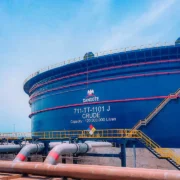

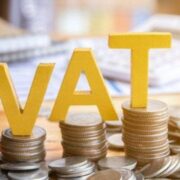
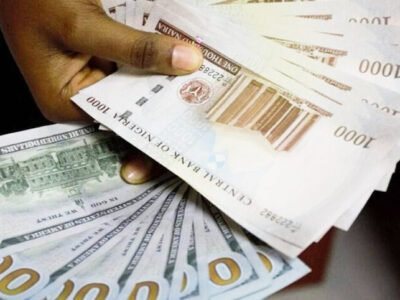
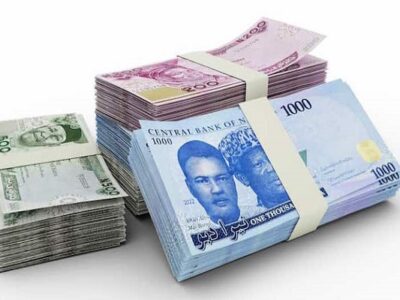
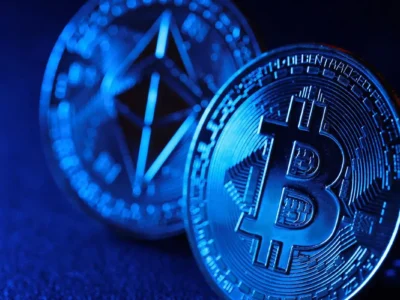
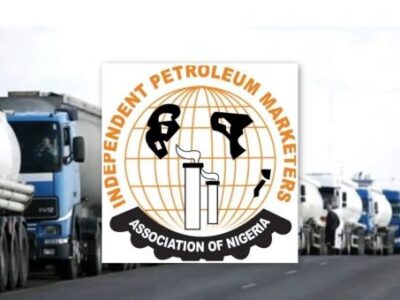


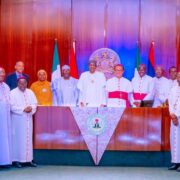










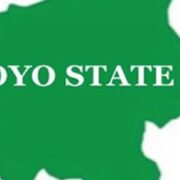
Comments